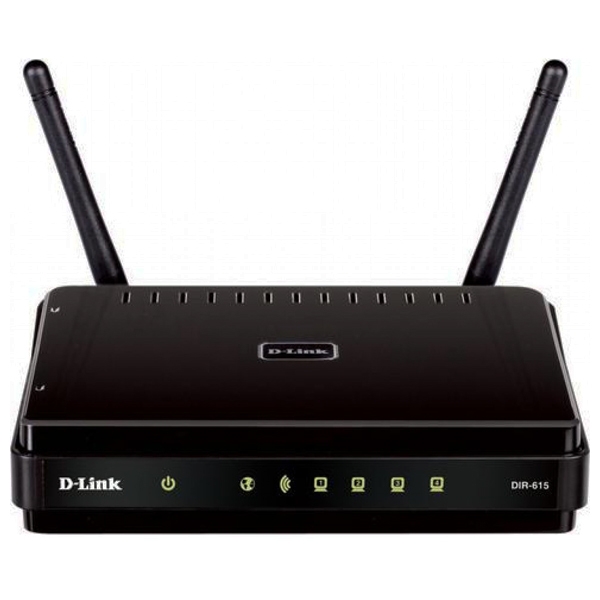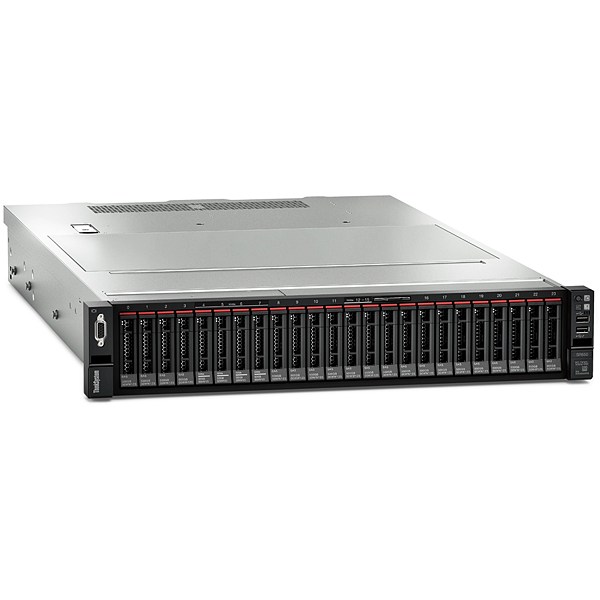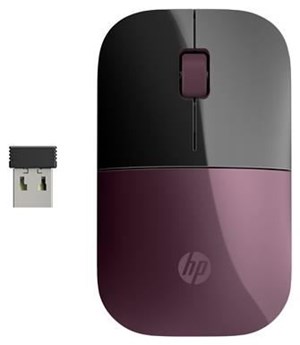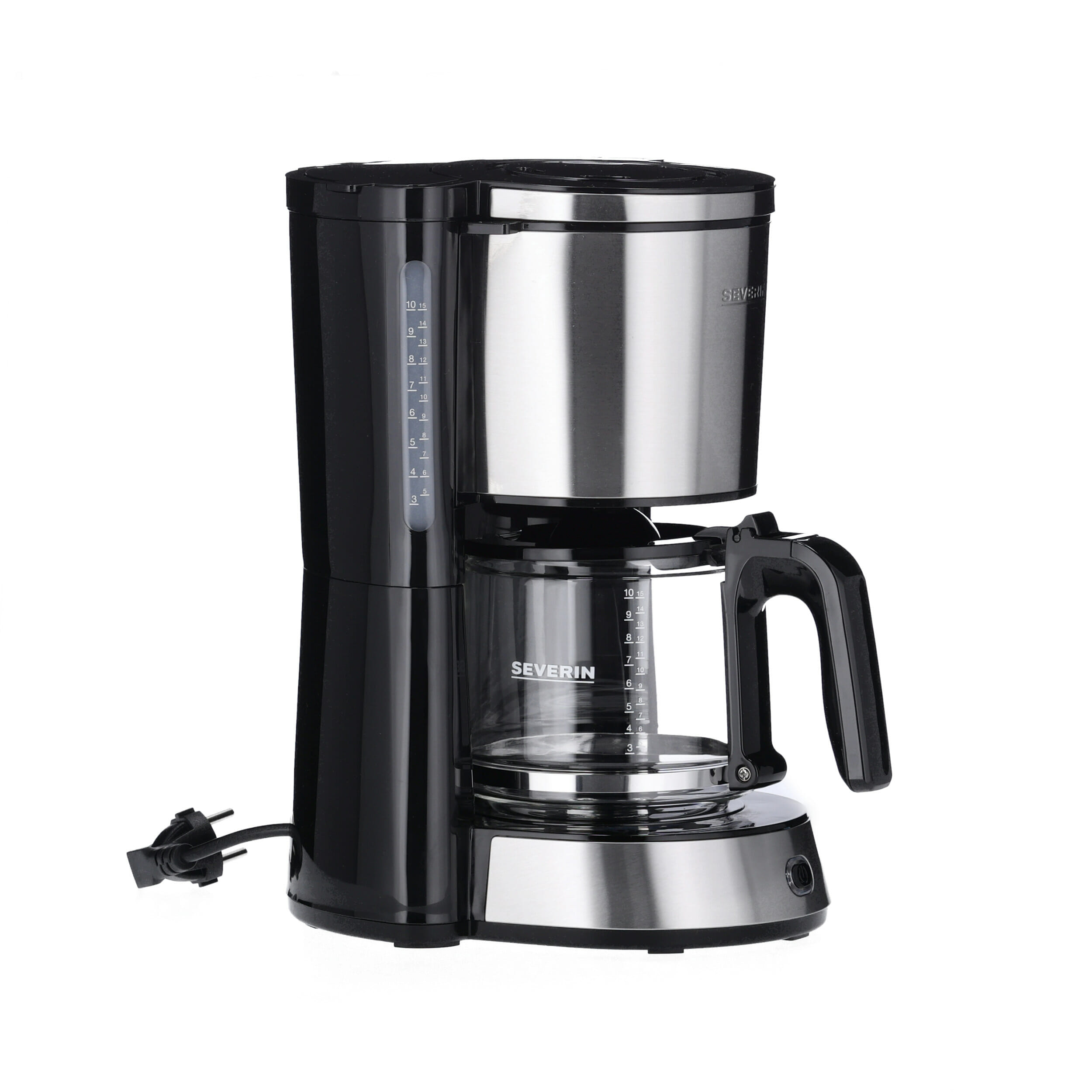The Future of Smart Homes
The Future of Smart Homes
The concept of smart homes has been around for a while, but it's only recently that we've started to see the true potential of this technology. With the rise of emerging technologies like IoT, AI, and 5G, the future of smart homes is looking brighter than ever. But what exactly does this mean for homeowners, and how will these technologies change the way we live and interact with our homes?
The idea of a smart home is simple: to create a living space that is comfortable, convenient, and connected. This can include everything from smart thermostats and lighting systems to security cameras and voice-controlled assistants. But as we move forward, we're seeing a shift towards more integrated and automated systems. For example, imagine being able to control your entire home's lighting and temperature with just your voice, or receiving notifications when someone enters or leaves your home.
The Role of IoT in Smart Home Automation
The Internet of Things (IoT) plays a crucial role in smart home automation. By connecting various devices and sensors to the internet, homeowners can monitor and control their homes remotely. This can include everything from checking the status of their doors and windows to adjusting the temperature and lighting. As "the number of connected devices is expected to reach 50 billion by 2025," according to a report by Statista, it's clear that IoT is going to be a major player in the future of smart homes.
But what does this mean for homeowners? For one, it means greater convenience and control. With IoT-enabled devices, homeowners can automate routine tasks and receive notifications when something goes wrong. For example, if a pipe bursts in the basement, an IoT sensor can detect the leak and send a notification to the homeowner's phone. This can help prevent costly damage and reduce the risk of accidents.

How AI-Powered Devices Are Changing the Way We Interact with Our Homes
Artificial intelligence (AI) is another emerging technology that's changing the way we interact with our homes. AI-powered devices, such as voice-controlled assistants and smart speakers, are becoming increasingly popular. These devices can learn our habits and preferences, and adjust our home's settings accordingly. For example, if you always turn on the lights when you enter a room, an AI-powered device can learn this habit and automate the process.
But AI is not just limited to voice-controlled assistants. It's also being used in more advanced applications, such as predictive maintenance and energy management. For instance, an AI-powered system can analyze a home's energy usage patterns and provide recommendations for reducing energy consumption. This can help homeowners save money on their utility bills and reduce their carbon footprint.
When it comes to AI-powered devices, there are many benefits to consider. Some of the advantages include:
- Increased convenience and control
- Improved energy efficiency and cost savings
- Enhanced home security and safety
- Personalized recommendations and automation
- Seamless integration with other smart devices
The Impact of 5G on Smart Home Connectivity and Performance
The rollout of 5G networks is expected to have a significant impact on smart home connectivity and performance. With faster data speeds and lower latency, 5G will enable more devices to be connected to the internet, and will provide a more reliable and responsive connection. This will be especially important for applications that require real-time data, such as security cameras and smart doorbells.
But what does this mean for homeowners? For one, it means faster and more reliable connectivity. With 5G, homeowners can expect to see significant improvements in their smart home's performance, including faster loading times and more responsive controls. This will make it easier to monitor and control their homes remotely, and will provide a more seamless and integrated experience.
Emerging Trends in Smart Home Technology
As we look to the future, there are several emerging trends in smart home technology that are worth watching. One of the most significant trends is the rise of voice control. With the popularity of voice-controlled assistants like Alexa and Google Home, it's clear that voice control is going to play a major role in the future of smart homes.
Another trend is the increasing focus on home security and safety. With the rise of smart doorbells and security cameras, homeowners are becoming more aware of the importance of home security. As "home security is a top priority for many homeowners," according to a report by the National Association of Home Builders, it's clear that this trend is going to continue.
As we move forward, it's likely that we'll see even more innovative applications of smart home technology. For example, imagine being able to control your home's lighting and temperature with just your thoughts, or receiving personalized recommendations for improving your home's energy efficiency. With the rise of emerging technologies like IoT, AI, and 5G, the possibilities are endless, and it's exciting to think about what the future of smart homes might hold.
Entertainment Options for Smart Home Enthusiasts
As we explore the latest advancements in smart home technology, it's interesting to consider how our entertainment habits might evolve in tandem. Just as a well-designed smart home can learn and adapt to our preferences, some of the most engaging digital experiences are those that offer a similar sense of personalization and interactivity. For instance, trying out a new game can be a great way to unwind after a long day of exploring the latest smart home gadgets, and checking out Ted Megaways slot online demo (Blueprint Gaming) can be a fun way to test your luck and strategy. Whether you're a fan of puzzles, adventure games, or something else entirely, there are plenty of options available to suit your interests and provide a refreshing break from the world of smart home automation.
The Future of Smart Homes and What It Means for Homeowners
So what does the future of smart homes mean for homeowners? For one, it means greater convenience and control. With the rise of emerging technologies like IoT, AI, and 5G, homeowners can expect to see significant improvements in their smart home's performance, including faster loading times and more responsive controls.
But it's not just about convenience and control. The future of smart homes also holds a lot of promise for improving home security and safety. With the rise of smart doorbells and security cameras, homeowners can expect to see significant improvements in their home's security, including better monitoring and notification systems.
As we look to the future, it's clear that the future of smart homes is going to be shaped by emerging technologies like IoT, AI, and 5G. With the rise of these technologies, homeowners can expect to see significant improvements in their smart home's performance, including faster loading times and more responsive controls. Whether you're a tech-savvy homeowner or just looking to improve your home's convenience and security, the future of smart homes is definitely worth watching.









